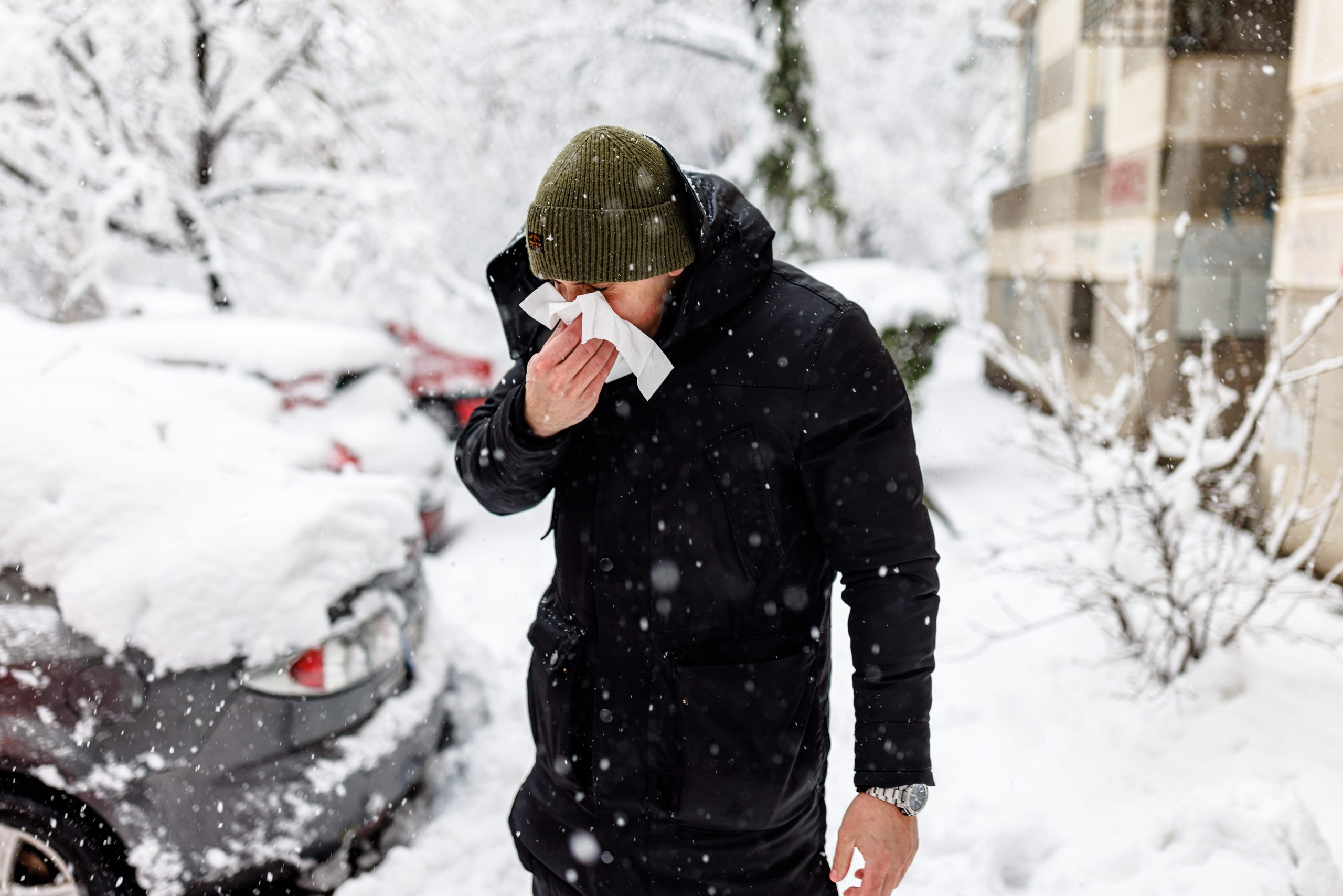How Can Your ENT Health Affect Your Sleep?
Sleep is essential to your health and well-being, yet many people struggle to get their full eight hours. One often overlooked obstacle to a...
Posted on October 29, 2020
SinusIf you think sinus infections are confined to the warmer spring and summer months, when pollen is rampant and the weather can be extremely changeable, guess again. Sinus issues can be every bit as bad—if not worse—in the winter months.

Sinusitis is the medical term for a sinus infection, the result of swelling and inflammation in the nasal passageways. It causes cold-like symptoms including nasal congestion, mucus discharge, facial pain and pressure, fatigue, cough, sore throat and bad breath. Sinusitis is most often the result of an upper respiratory tract infection but can also be caused by abnormalities of the nasal passages, such as nasal polyps or a deviated septum; immune system disorders; and environmental pollutants. The condition may be acute (lasting four weeks or less) or chronic (persisting longer than 12 weeks). Treatment options include home remedies, over-the-counter or prescription drugs and surgery, depending on the severity and duration of symptoms.
Those dealing with year-round sinusitis symptoms often find they are worse in the wintertime. There are many triggers during the coldest months of the year, including:
Struggling with wintertime sinus issues? Our sinus and allergy experts at Pinnacle ENT can help both root out the issues causing your seasonal flare-ups, and recommend a strategy to help manage them.
Sleep is essential to your health and well-being, yet many people struggle to get their full eight hours. One often overlooked obstacle to a...
It’s time for sunny days in Blue Bell Park, refreshing popsicles and your summer vacations. While hopping on a plane for your favorite warm...
April 22nd is Earth Day, part of a worldwide movement to focus on and care for our environment. As you celebrate Earth Day by...
Nasal polyps are benign growths in the sinus and nasal passages area. They’re known for causing symptoms such as loss of smell, congestion and...